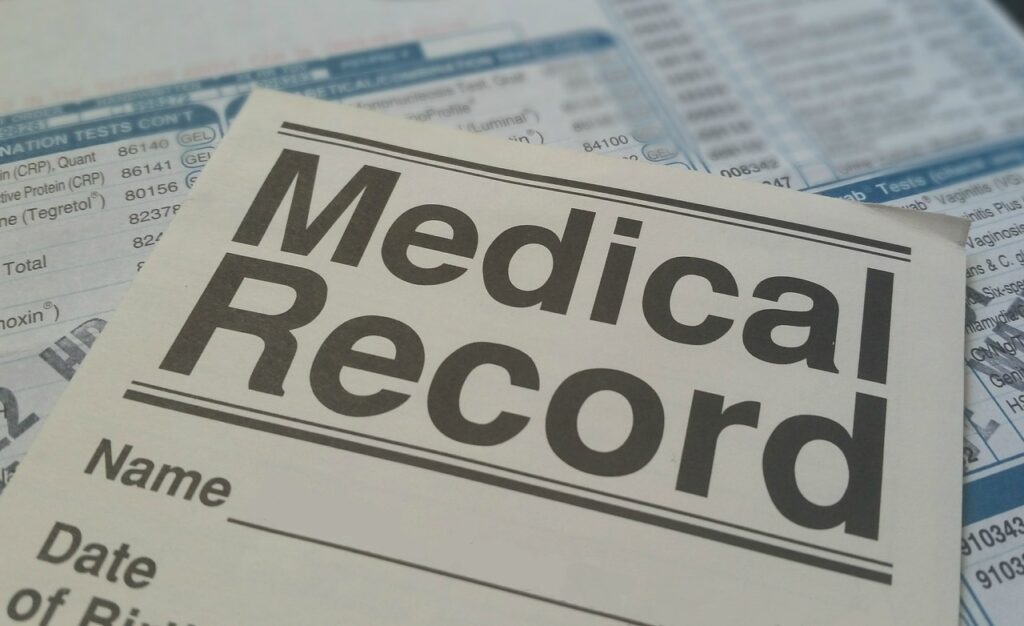
When it comes to personal injury cases, few pieces of evidence are as crucial as your medical records. These documents provide a clear and detailed account of your injuries, treatment, and recovery process, which can be instrumental in securing fair compensation. In this blog post, we will explore the significance of medical records in personal injury cases and discuss why they are often considered the cornerstone of a successful claim.
Establishing the Link between the Accident and Injuries
One of the primary purposes of medical records in personal injury cases is to establish a clear connection between the accident and the injuries sustained. When you seek medical attention following an accident, your healthcare provider will document the specific injuries you suffered and their potential causes. This documentation is vital for proving that your injuries are a direct result of the accident and not a pre-existing condition.
Demonstrating the Severity of Injuries
Medical records provide a detailed account of the severity of your injuries, which is essential for determining the appropriate compensation. By presenting accurate and comprehensive records, you can show the extent of pain and suffering you endured, the impact on your daily life, and any potential long-term consequences. This information is invaluable when negotiating or litigating your personal injury claim.
Documenting Treatment and Expenses
Medical records not only describe your injuries but also detail the treatment you received. This includes doctor’s notes, diagnostic tests, surgery reports, and medication prescriptions. Additionally, these records contain information about medical bills and expenses incurred during your recovery. These documents are crucial for calculating the economic damages you have suffered and ensuring you are adequately compensated for medical costs.
Providing a Timeline of Recovery
A timeline of your recovery is often established through medical records. These documents show the progression of your injuries, from the initial diagnosis to follow-up appointments and any necessary rehabilitation. your life and your ability to work. It can also be used to project future medical needs and expenses.This timeline is essential for demonstrating how your injuries have affected
Expert Testimony and Credibility
In personal injury cases, expert witnesses, including medical professionals, may be called upon to testify. Medical records are essential for these experts to understand your case thoroughly. Your medical records also serve as a credibility check, as they provide an unbiased account of your injuries and treatment, making your claims more reliable in the eyes of the court.
Strengthening Your Negotiation Position
When negotiating with insurance companies or the opposing party, strong medical records can significantly bolster your position. These records provide clear evidence of the impact of the accident on your health and financial well-being. They can help you justify the compensation you are seeking and discourage attempts to minimize your injuries or deny your claim altogether.
Conclusion
In personal injury cases, medical records are invaluable assets that play a pivotal role in determining the outcome of your claim. They establish the link between the accident and your injuries, demonstrate their severity, and provide a comprehensive account of your treatment and expenses. By offering a timeline of your recovery and enhancing your credibility, medical records significantly strengthen your case and negotiation position. If you have been injured in an accident, never underestimate the importance of these documents – they may well be the key to securing the compensation you deserve.

